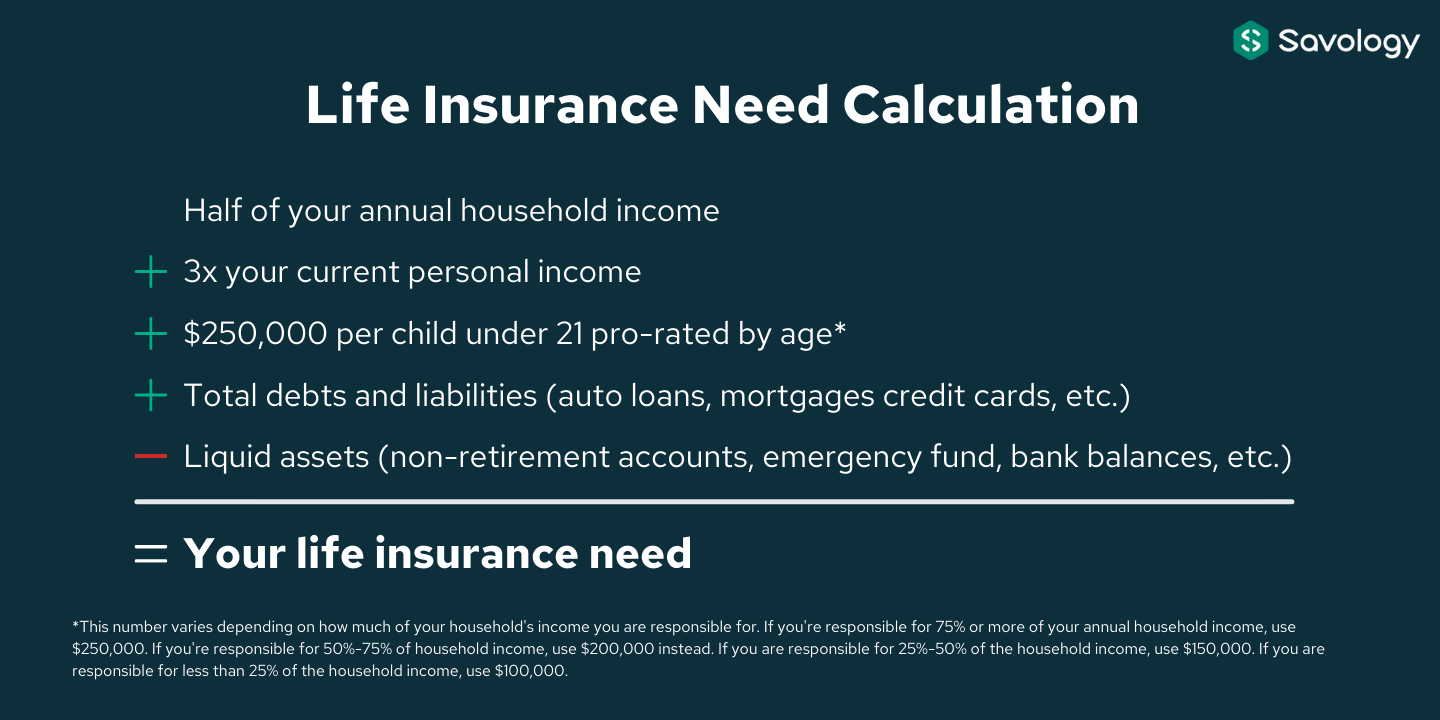Whole life and universal life insurance coverage are both considered irreversible policies. That implies they're developed to last your whole life and will not end after a certain amount of time as long as required premiums are paid. They both have the prospective to build up money value in time that you might have the ability to borrow against tax-free, for any reason. Due to the fact that of this feature, premiums might be greater than term insurance coverage. Whole life insurance policies have a fixed premium, meaning you pay the very same amount each and every year for your coverage. Just like universal life insurance coverage, entire life has the possible to accumulate cash value with time, creating an amount that you may be able to borrow against.
Depending upon your policy's possible cash worth, it might be used to avoid an exceptional payment, or be left alone with the potential to build up worth with time. Possible development in a universal life policy will vary based on the specifics of your private policy, along with other elements. When you buy a policy, the providing insurer develops a minimum interest crediting rate as detailed in your contract. Nevertheless, if the insurer's portfolio makes more than the minimum interest rate, the business may credit the excess interest to your policy. This is why universal life policies have the possible to earn more than a whole life policy some years, while in others they can make less.
Here's how: Because there is a cash worth part, you might be able to avoid premium payments as long as the cash value is enough to cover your required expenditures for that month Some policies might allow you to increase or reduce the survivor benefit to match your specific scenarios ** In numerous cases you may borrow against the money worth that may have collected in the policy The interest that you might have earned in time collects tax-deferred Whole life policies offer you a repaired level premium that will not increase, the prospective to build up money worth gradually, and a repaired survivor benefit for the life of the policy.

As a result, universal life insurance premiums are normally lower during periods of high interest rates than whole life insurance coverage premiums, typically for the exact same amount of protection. Another crucial distinction would be how the interest is paid. While the interest paid on universal life insurance is typically adjusted monthly, interest on a whole life insurance policy is typically adjusted yearly. This might indicate that throughout durations of increasing rates of interest, universal life insurance policy holders may see their money values increase at a rapid rate compared to those in whole life insurance policies. Some individuals might prefer the set survivor benefit, level premiums, and the capacity for development of a whole life policy.
Although entire and universal life policies have their own distinct functions and advantages, they both concentrate on offering your enjoyed ones with the money they'll need when you pass away. By dealing with a certified life insurance agent or company representative, you'll be able to select the policy that finest satisfies your specific requirements, spending plan, and financial goals. You can likewise get afree online term life quote now. * Provided necessary premium payments are prompt made. ** Increases may be subject to additional underwriting. WEB.1468 (What is term life insurance). 05.15.
Not known Facts About How To Lower Car Insurance
You do not have to guess if you should enlist in a universal life policy because here you can learn everything about universal life insurance advantages and disadvantages. It's like getting a sneak peek prior to you buy so you can decide if it's the ideal kind of life insurance for you. Check out on to learn the ups and downs of how universal life premium payments, cash worth, and death advantage works. Universal life is an adjustable type of irreversible life insurance coverage that enables you to make modifications to two main parts of the policy: the premium and the survivor benefit, which in turn impacts the policy's cash value.
Below are a few of the overall pros and cons of universal life insurance. Pros Cons Designed to use more flexibility than entire life Does not have the ensured level premium that's offered with whole life Cash worth grows at a variable rates of interest, which could yield higher returns Variable rates also imply that the interest on the cash worth might be low More opportunity to increase the policy's cash value A policy typically needs to have a favorable cash worth to stay active Among the most appealing features of universal life insurance coverage is the ability to choose when and how much premium you pay, as long as payments fulfill the minimum quantity required to keep the policy active and the Internal Revenue Service life insurance coverage standards on the maximum amount of excess premium payments you can make (When is open enrollment for health insurance 2020).
However with this flexibility also comes some disadvantages. Let's go over universal life insurance coverage advantages and disadvantages when it comes to altering how you pay premiums. Unlike other kinds of permanent life policies, universal life can change to fit your monetary requirements when your money flow is up or when your budget plan is tight. You can: Pay greater premiums more frequently than required Pay less premiums less frequently or even avoid payments Pay premiums out-of-pocket or use the money value to pay premiums Paying the minimum premium, less than the target premium, or avoiding payments will negatively impact the policy's money value.
